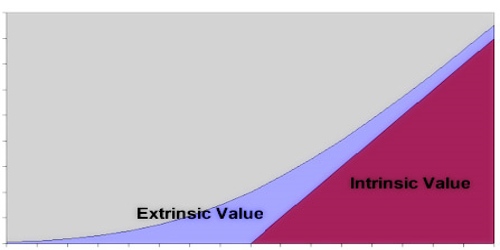Electric tractors are powered by car batteries or, in the case of plug-ins, an electric power cable. It is a type of agricultural vehicle that runs on electricity rather than traditional fossil fuels such as diesel or gasoline. Electric tractors, like their conventional counterparts, are designed to perform a variety of farm tasks such as plowing, tilling, planting, and harvesting crops.
Advantages
Electric tractors outperform diesel tractors in several ways. A diesel motor, which has hundreds of moving parts, requires more maintenance than an electric motor. Electricity can be less expensive than diesel fuel. Greenhouse gas emissions are drastically reduced, with a typical diesel tractor emitting 53 tons per year. They do, however, have several advantages over conventional tractors powered by internal combustion engines:
- Environmental Benefits: Electric tractors produce zero tailpipe emissions, which helps reduce air pollution and greenhouse gas emissions, contributing to improved air quality and a healthier environment.
- Lower Operating Costs: Electricity is often cheaper than diesel or gasoline on a per-unit energy basis, resulting in potentially lower operating costs for electric tractors. Additionally, electric tractors have fewer moving parts and require less maintenance compared to conventional tractors, leading to reduced maintenance expenses.
- Reduced Noise Pollution: Electric tractors are generally quieter than their diesel-powered counterparts, which can be beneficial for both the operators and the surrounding communities.
- Efficiency: Electric motors are known for their high efficiency, delivering power more directly to the wheels without the energy losses associated with internal combustion engines.
- Regenerative Braking: Electric tractors can incorporate regenerative braking technology, which converts kinetic energy back into electrical energy during braking, potentially increasing overall energy efficiency.
However, there are also some challenges associated with electric tractors:
- Limited Range: Electric tractors’ range might be limited by battery capacity, which could be a concern for long hours of continuous operation. This can be mitigated by incorporating larger battery packs or having a charging infrastructure on the farm.
- Charging Infrastructure: Developing the necessary charging infrastructure in rural areas can be a challenge, as farms might not have access to reliable and high-capacity electrical grids.
- Upfront Cost: Electric tractors might have a higher upfront cost compared to conventional tractors due to the cost of batteries and electric drivetrain technology.
- Battery Weight: Batteries can be heavy, which might impact the overall weight distribution and handling of the tractor.
As battery technology continues to improve and charging infrastructure expands, electric tractors are likely to become more practical and viable options for modern agriculture, offering a more sustainable and environmentally friendly approach to farming.
















